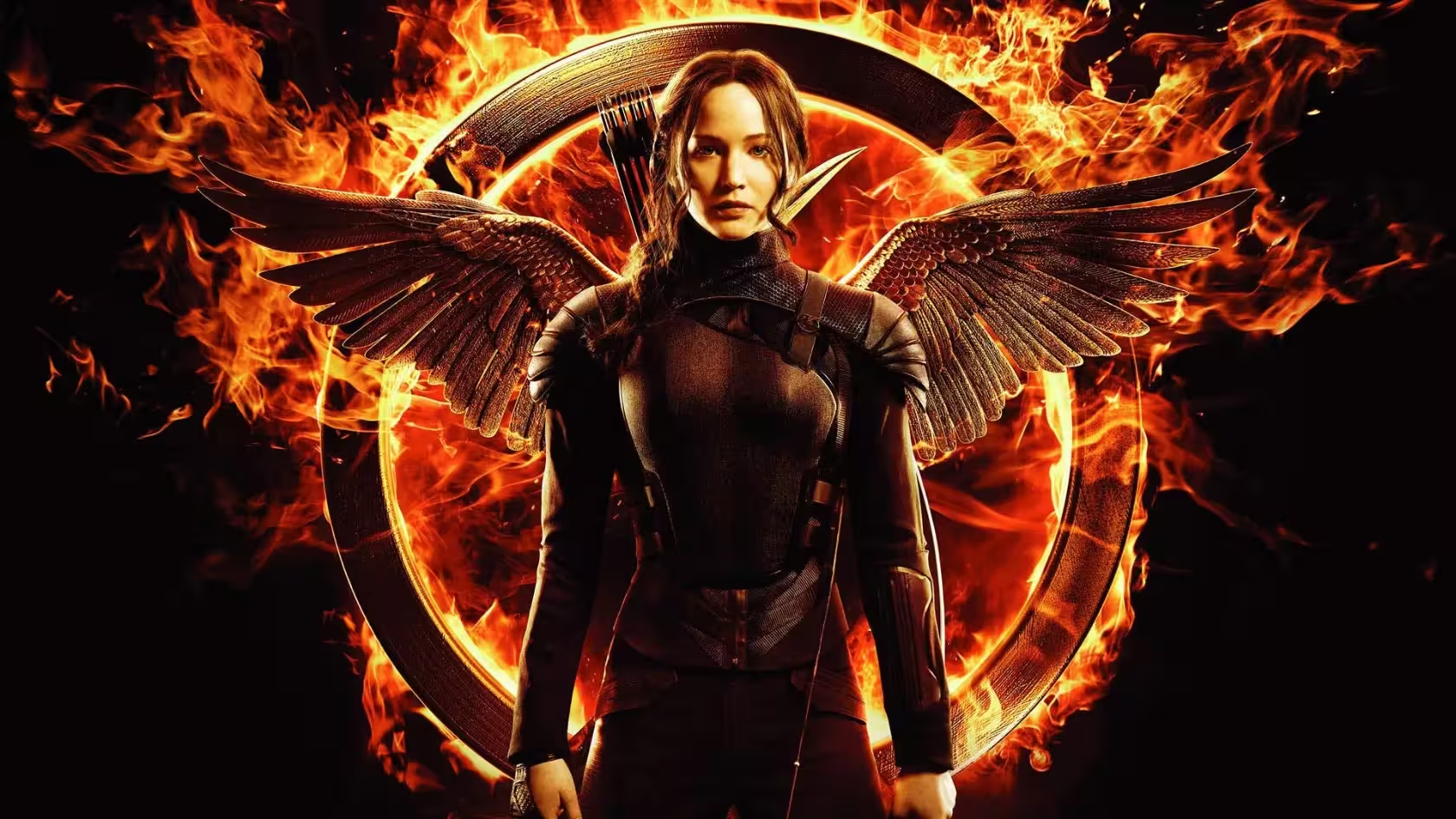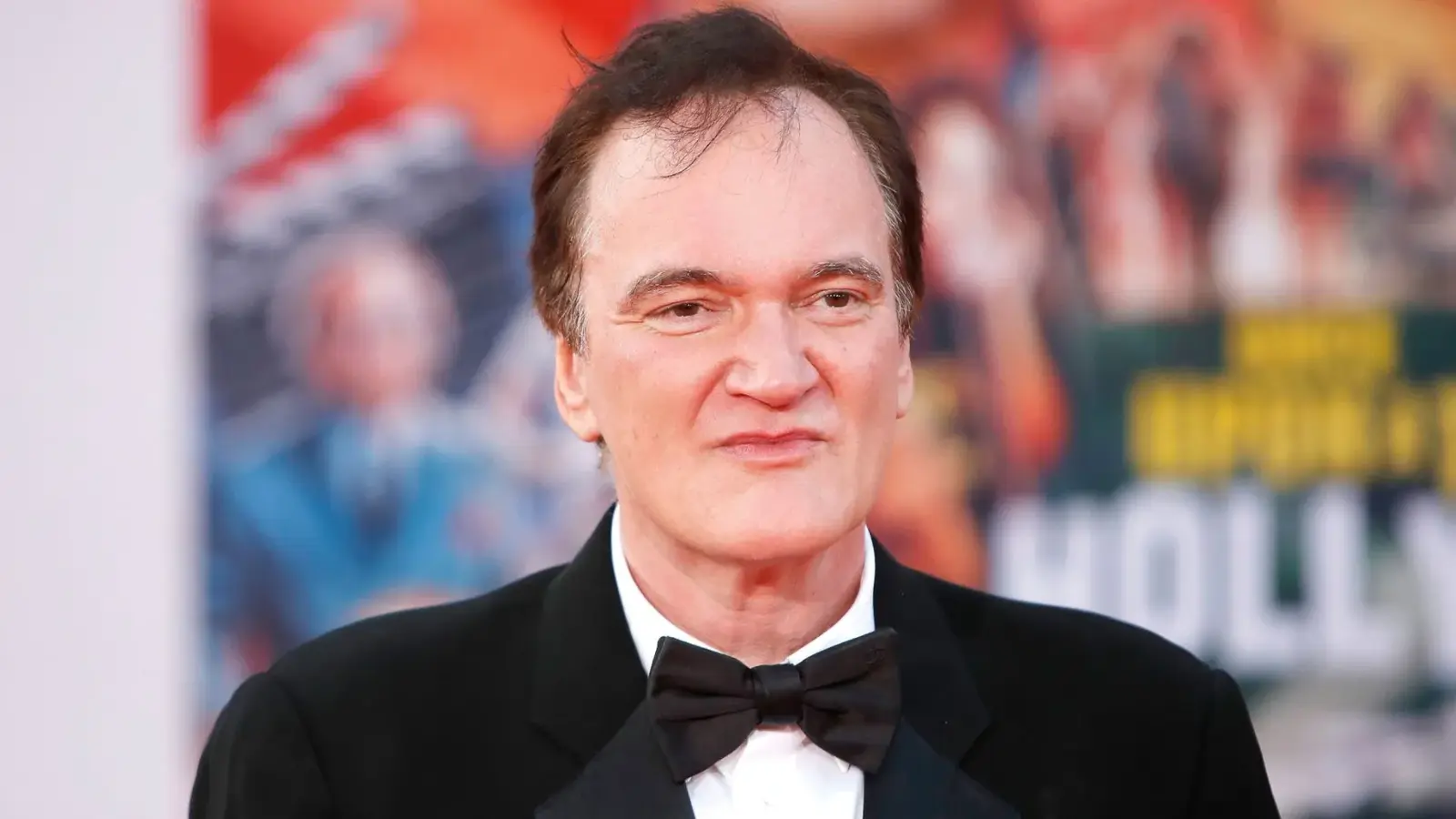5 Minutes
Tarantino Reignites a Longstanding Debate
Quentin Tarantino has once again stirred conversation about modern blockbuster originality by arguing that The Hunger Games borrows heavily from Kinji Fukasaku’s cult-classic Battle Royale. In a recent appearance on Bret Easton Ellis’s podcast, Tarantino argued that Suzanne Collins’s bestselling YA dystopian saga and its film adaptations echo Battle Royale so closely that, in his words, the former "completely" lifted the latter’s premise.
Tarantino isn’t just tossing a hot take; he’s spoken about Battle Royale before and even ranked it among his top 21st-century films. This time he described his first reaction as visceral—recalling a private screening during Kill Bill pre-production when Fukasaku invited him. He called the film brutal, uncompromising, and something Western audiences weren’t ready for when they first encountered it at midnight screenings like the one in Seattle.
Comparing Battle Royale and The Hunger Games
At the heart of Tarantino’s claim is the structural similarity: a government-or-authority-mandated contest where young people must fight until only one survives. Battle Royale (1979 novel, 2000 film adaptation) confronts this in a hyper-violent, satirical way rooted in Japan’s sociopolitical anxieties. Suzanne Collins’s Hunger Games (2008 novel, 2012 film) reframes the concept for Western YA readers, layering in themes of spectacle, media manipulation, and a coming-of-age hero.

Similarities are undeniable in broad strokes, but there are also important differences. Battle Royale focuses on raw, chaotic survival and moral ambiguity among peers; Collins emphasizes televised spectacle, propaganda, and a single protagonist’s journey from pawn to rebel. Critics and scholars point to both direct echoes and distinct thematic priorities.
Legal, Cultural, and Industry Context
Tarantino wonders aloud why no legal action followed. Intellectual property cases like this depend on specific plot elements, dialogue, and expression rather than shared archetypes. Courts tend to allow similar premises—especially in dystopian and speculative genres—so long as the execution differs. Beyond the courtroom, cultural blind spots matter: Tarantino suggested Western critics and readers often ignore Japanese cinema, creating an asymmetry in how influences are acknowledged.
This debate sits within a broader trend: the late 20th and early 21st centuries have seen recurring "death game" narratives—from The Running Man and Cube to modern hits like Squid Game—each adding regional, cultural, or genre-specific twists.
Behind the Scenes and Fan Reaction
Fans and critics have split responses. Some hail Collins as a storyteller who adapted an archetype into a new cultural moment; others see an uncredited lineage. Trivia worth noting: Tarantino first watched Battle Royale while working in Japan and later told friends he felt powerful knowing American viewers would be unprepared for its shock. Battle Royale’s director, Kinji Fukasaku, and his film’s brutal aesthetic have inspired directors worldwide, including the hyper-stylized violence that Tarantino himself celebrates in films like Kill Bill.
"Battle Royale reached Western filmmakers at different times and in different ways," says cinema historian Elena Marquez. "What matters is how each work translates its cultural anxieties: Fukasaku’s film is a cold mirror to postwar Japan, while The Hunger Games reframes spectacle and media within globalized youth culture."
Critical Perspective
While Tarantino’s claim fuels headlines, most film scholars urge nuance: influence is rarely a simple copy-paste. Cross-cultural exchange, shared genre conventions, and differing thematic aims complicate claims of outright plagiarism.
Whether you side with Tarantino or see the parallels as part of a wider storytelling tradition, the conversation highlights how films travel across borders, are reinterpreted, and sometimes forgotten by mainstream discourse. Tarantino plans to reveal his top ten films in a future podcast episode—expect Battle Royale to feature prominently in his personal canon.
In the end, the debate is less about scoring legal points and more about credit, context, and how global cinema shapes what we call "original" today.
Comments
Reza
Whoa Tarantino going in!! Battle Royale hit me hard back then, this makes sense, but still different vibes imo
atomwave
Wait seriously? Battle Royale vs Hunger Games is classic convo but was Collins really copying, or just same trope? curious


Leave a Comment